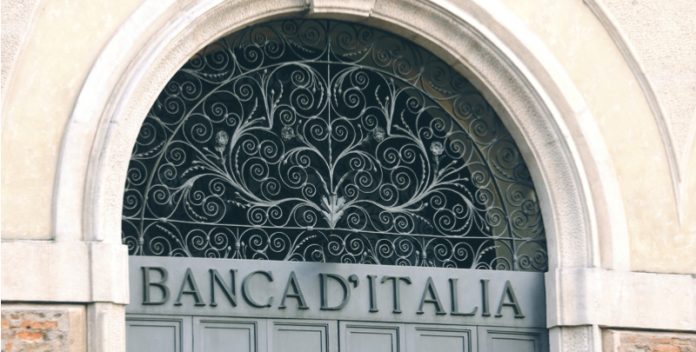The pound weakened against the euro throughout the course of the previous week amidst continuing political uncertainty. Bank of England (BoE) commentary and Brexit developments offered support to sterling, lifting it off the low of the week but failed to push it above €1.1400 for any extended period.
The pound started last week in the region of €1.1420 versus the euro, before spiking up to a weekly high of €1.1450 and then quickly diving to low of €1.1307. GBP/EUR finished the week at €1.1360.
| What do these figures mean? |
|---|
|
When measuring the value of a pair of currencies, one set equals 1 unit and the other shows the current equivalent. As the market moves, the amount will vary from minute to minute. For example, it could be written: 1 GBP = 1.13990 EUR Here, £1 is equivalent to approximately €1.14. This specifically measures the pound’s worth against the euro. If the euro amount increases in this pairing, it’s positive for the pound. Or, if you were looking at it the other way around: 1 EUR = 0.87271 GBP In this example, €1 is equivalent to approximately £0.87. This measures the euro’s worth versus the British pound. If the sterling number gets larger, it’s good news for the euro. |
Last week was relatively quiet in regard to economic data releases, so fundamental events took centre stage. Brexit negotiations formally started and there were no major disagreements so far, with both sides agreeing to discuss the divorce bill and citizens’ rights for both UK and EU nationals from the beginning. UK Prime Minister Theresa May put forward what she described as a “serious and fair offer” for these citizens. Despite EU President Junker saying “more was needed,” the pound was relatively pleased that some efforts were being made to protect businesses from losing EU workers, which points towards a smoother Brexit.
| Why is a smooth Brexit good for the pound? |
|---|
| A smoother Brexit would be a scenario in which the economic consequences of leaving the European Union are minimised. This is favourable for the pound because the less the Brexit impact on the economy, the more likely that foreign investors will remain interested in the UK. Foreign investors need sterling to invest in the country and so the more GBP is purchased, the higher the demand and, thus, an increase in the currency’s value. |
Looking ahead, this week is once again quiet on the data front for the pound, with no high impact figure until Thursday. Investors will be watching closely for any developments on a deal between the UK Conservatives and the Democratic Unionist Party (DUP) before the vote on the Queen’s speech which is due to take place on Wednesday and Thursday. As from Sunday evening, hopes are running high that deal can be done by Tuesday, which is boosting the pound.
| How does political stability boost a currency? |
|---|
| Political stability boosts both consumer and business confidence, which means corporations and regular households alike are more likely to spend money. The increased spending, in turn, then boosts the economy. Foreign investors prefer to invest their money in politically stable countries as well as those with strong economies. For foreign investors to put their money into an economy, they need local currency. As they acquire the money needed, the demand for that particular currency increases, which then boosts its value. |
Italy to wind down 2 mid-size banks due to toxic loans
The euro started the week on the back foot after problems in Italy’s banking system surfaced once more. Italy took steps over the weekend to shore up its troubled banking system by pumping €5 billion of taxpayer’s money into two of its lenders Veneto Banca and Banca Populare di Vicenza. Furthermore, Italy will give guarantee up to an additional €12 billion should it be needed. Bad loans loans and mismanagement have created large capital holes in the banks. Yet these two are just part of a growing list of failing banks in Italy.
Why does this matter to the euro? Italy is the third largest economy in the eurozone. Signs of weakness in an economy mean investors are less inclined to invest in that economy and could look to sell out of Italian,euro based investments, preferring to put their money into stronger more stable economies. As these investments are off-loaded, the supply of euros increases and, consequently, its value decreases.
|
This article was initially published on TransferWise.com from the same author. The content at Currency Live is the sole opinion of the authors and in no way reflects the views of TransferWise Inc. |





